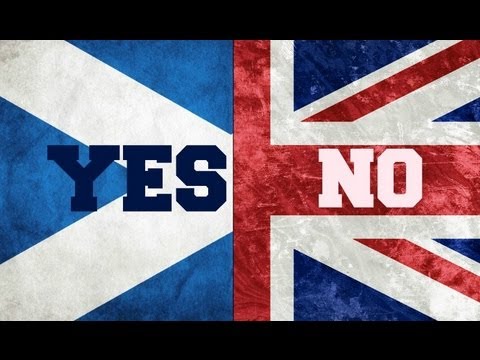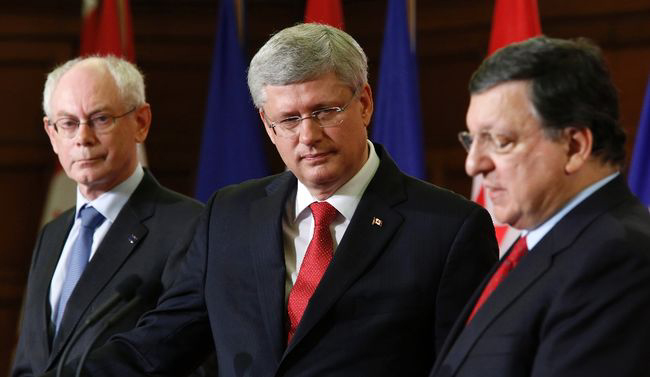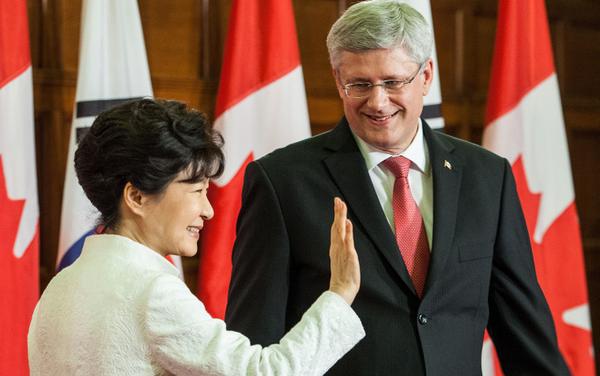Assessing the reasons for the Better Together’s campaign victory
While the Scottish referendum on September 18, 2014 finished on the pro-union side, there are still many people in Scotland who wish for its independence. Certainly, this was a historic day given immense anticipation leading up to the referendum. Today, Scotland is a part of the United Kingdom as it was yesterday—with 55% voting going to UK’s Better Together campaign led by Alastair Darling and 45% to the Scottish National Party (SNP) led by Alex Salmond. Both sides campaigned to the best of their abilities, highlighting what independence meant for Scotland and the value of staying together within the UK. This article attempts to analyze the question: why was the Scottish National Party (SNP) unable to garner sufficient support for their independence movement?
The answer lies primarily in the way the campaigns were led by Darling and Salmond. The economy was one of the key issues. The SNP was not able to make a convincing case for improving Scotland’s economy post-independence. The few things they promised included free trade with the European Union (EU); reduction of corporation tax by 3 % and expansion of the North Sea oil and gas industry. While these promises seemed attractive incentives, the pro-unionists pointed out certain facts that could not be overlooked. As a new sovereign country, with no credit history, Scotland would have had a tough time borrowing from other countries. It is projected that they would have incurred a significant loss since trade with their largest trading partner, the UK, would no longer be within borders but rather across it. This “border-effect” is an important inhibitor of trade as depicted in several economic studies.
Further, the pro-union side ruled out the possibility of a currency union with the UK since risks would have outweighed benefits faced by the individuals and businesses on both sides of the border. These included potential costs for the UK taxpayer for bailing out Scottish banks or governments that made poor financial decisions. Further, Scotland’s ageing population and the accumulated debt that would have been transferred to it post-independence, made Mr. Salmond’s bid for independence look like a risky deal. The Better Together campaign made a much better case for the losses Scotland would incur on separation from the UK.
Much like the economy, foreign policy was also one of the most heated debates of the referendum. The ‘Yes’ side believed that Scotland would be a viable actor on the international stage. International cooperation also would be a strong feature in its foreign policy vision. Scotland would join all the international organizations to which the UK currently belongs, including the European Union, Council of Europe, Organization for Cooperation and Security in Europe, North Atlantic Treaty Organization, Commonwealth, United Nations, World Bank and International Monetary Fund. However, to most Scots there was no guarantee that this would happen.
The ‘No’ side made it very clear that the UK, as a large nuclear power nation-state and a permanent member of the UN Security Council, will be able to ‘punch above its weight’. Its size and wealth enables it to maintain a wide diplomatic presence. Further, the UK’s vast network of consulates, with 226 posts in 144 states and 230 honorary consuls, enables it to provide services to citizens within the country and elsewhere abroad, a benefit that would be prohibitively expensive to Scotland to replicate. Historically, the UK has been one of the most powerful nations in the world and continues to maintain its position as one of the dominant voices in international politics.
The SNP leaders did not make a strong case for Scotland’s independence in the international realm. The fact that the UK has influence over many different international organizations appeared attractive to many Scots. These are just few examples of the many dimensions the Scotland’s Independence debate. The issue was very complicated. Nevertheless, Alex Salmond’s efforts were commendable since he was able to muster the support of 45% of the population. Furthermore, the Westminster parties have to remember that although the Scottish parliament will be given more power in terms of taxation and welfare and greater decision making power, about half the population of Scotland voted to break free from the UK. Clearly this highlights differing opinions of the people of Scotland. The future of Scotland in relation to the UK yet remains uncertain.




